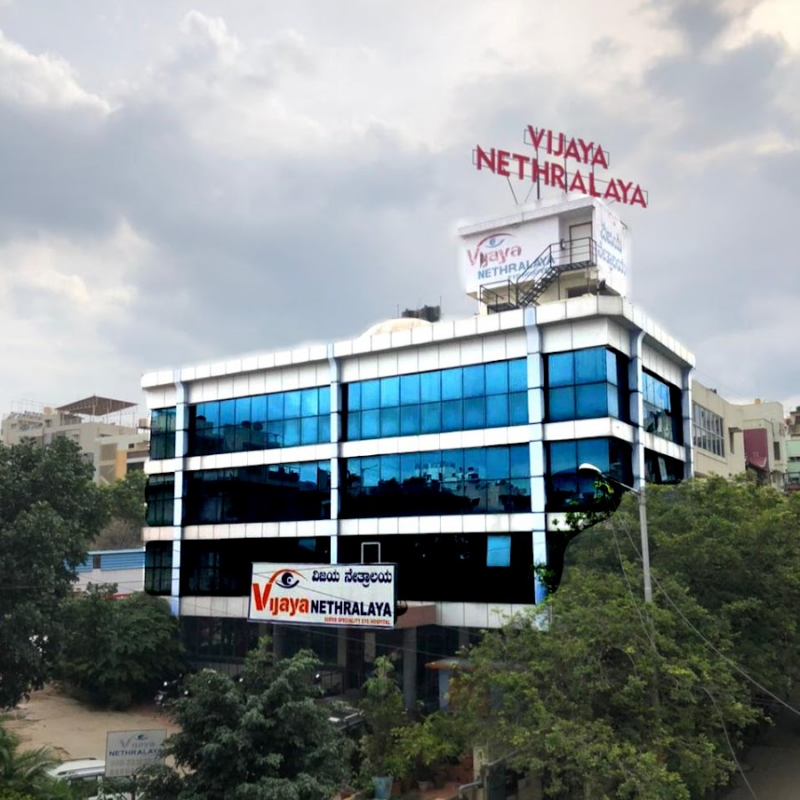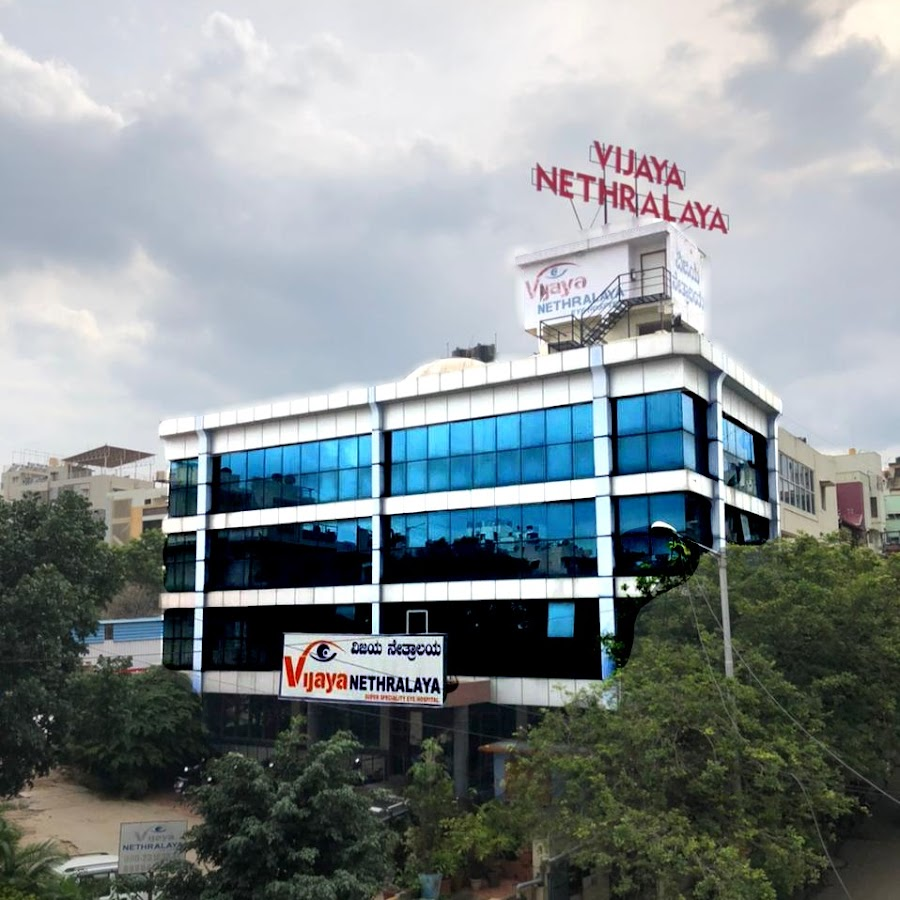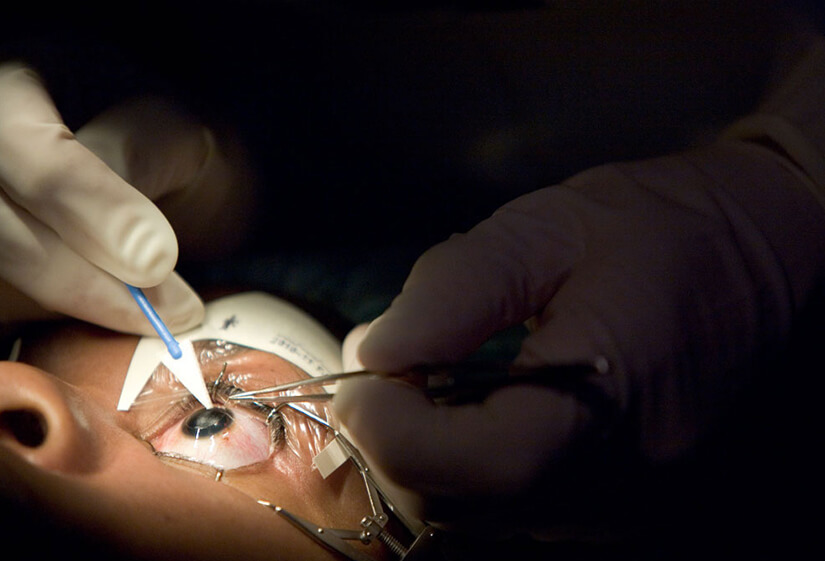Eye surgery can be a life-changing decision, offering the potential to restore vision, improve quality of life, and even prevent blindness. If you’re considering eye surgery in Bangalore, understanding the costs involved is a crucial first step. This comprehensive guide aims to provide an in-depth overview of eye surgery costs in Bangalore, eye surgery cost in bangalore covering various procedures, factors that influence pricing, tips for finding affordable yet high-quality eye care, and important considerations for making informed decisions about your eye health.
Factors Influencing Eye Surgery Costs in Bangalore:
Several interconnected factors contribute to the overall cost of eye surgery in Bangalore eye surgery cost in bangalore, making it essential to understand these nuances before making any financial commitments.
- Type of Procedure: The complexity of the surgical procedure is a primary cost driver. Relatively less invasive procedures like LASIK or cataract surgery using standard lenses are generally less expensive than complex surgeries like retinal detachment repair, corneal transplants, or complex glaucoma procedures. Each procedure requires specific equipment, surgeon expertise, operating room time, and specialized materials, eye surgery cost in bangalore all of which are factored into the final price.
- Technology Used: Advancements in ophthalmic technology have led to more precise, less invasive, and often more effective procedures. However, these advanced technologies, such as femtosecond lasers for LASIK (bladeless LASIK), premium intraocular lenses (IOLs) for cataract surgery (multifocal, toric, EDOF), or specialized equipment for minimally invasive glaucoma surgery (MIGS), often come with a higher price tag. While these technologies can offer improved outcomes, faster recovery, and reduced risks, they contribute to the overall cost.
- Surgeon’s Expertise: The experience, qualifications, and reputation of the ophthalmologist performing the surgery are significant cost drivers. Highly skilled and experienced surgeons with specialized training, certifications (like fellowship in specific subspecialties), and a proven track record of successful outcomes may command higher fees. Their expertise often translates to better outcomes, reduced complications, and personalized care, justifying the higher cost for many patients.
- Hospital or Clinic: The choice of hospital or clinic significantly influences expenses. Corporate hospitals or specialized eye clinics, equipped with state-of-the-art facilities, advanced diagnostic equipment, and offering comprehensive services (including 24/7 emergency care and specialized nursing staff), typically have higher charges compared to smaller clinics or nursing homes. Factors like infrastructure, location (prime locations often have higher overheads), the level of care provided, and the reputation of the institution contribute to this difference.
- Type of Lens (for Cataract Surgery): In cataract surgery, the cost is heavily dependent on the type of intraocular lens (IOL) chosen to replace the cloudy natural lens. IOLs range from standard monofocal lenses (correcting vision at a single distance, usually distance vision) to advanced multifocal or toric lenses (correcting vision at multiple distances – distance, intermediate, and near – and astigmatism, respectively). Extended Depth of Focus (EDOF) lenses offer a wider range of vision. Premium IOLs, offering greater visual freedom and reduced dependence on glasses, cost significantly more than standard monofocal lenses.
- Pre- and Post-Operative Care: Costs associated with consultations (pre-surgical evaluation), diagnostic tests (like OCT, corneal topography, biometry), medications (eye drops, oral medications), and follow-up appointments (post-surgical checkups) contribute to the total expense. These costs can vary depending on the clinic’s policies, the complexity of the procedure, and the individual patient’s needs. Thorough pre-operative evaluations and comprehensive post-operative care are essential for successful outcomes and should be factored into the budget.
- Anesthesia: The type of anesthesia used during the procedure (local, topical, or general) and the anesthesiologist’s fees can also be a factor in the overall cost, especially for more complex procedures.
- Location within Bangalore: Costs can even vary slightly depending on the location of the clinic or hospital within Bangalore. Clinics in prime areas or central business districts might have higher overhead costs, which could be reflected in their pricing.
Approximate Cost Ranges for Common Eye Surgeries in Bangalore / eye surgery cost in bangalore:
It’s crucial to understand that the following figures are approximate ranges and can vary significantly based on the factors mentioned above, It’s crucial to understand that the following figures are approximate ranges and can vary significantly based on the factors mentioned above, These figures are intended to provide a general idea and should not be taken as definitive prices. A personal consultation with a qualified ophthalmologist is absolutely essential for a personalized assessment, accurate cost estimate, and a tailored treatment plan.
These figures are intended to provide a general idea and should not be taken as definitive prices. A personal consultation with a qualified ophthalmologist is absolutely essential for a personalized assessment, accurate cost estimate, and a tailored treatment plan.
- LASIK/PRK Surgery: ₹40,000 – ₹1,50,000 per eye. This wide range reflects variations in technology (e.g., bladeless LASIK, SMILE, Contoura Vision), the type of refractive error being corrected (myopia, hyperopia, astigmatism), and the clinic’s pricing structure.
- Cataract Surgery: ₹20,000 – ₹1,00,000 per eye. The cost is primarily driven by the type of IOL chosen. Monofocal lenses are generally more affordable, while multifocal, toric, or EDOF lenses, offering a wider range of vision correction, cost considerably more.
- Phacoemulsification (Phaco) with Monofocal IOL: ₹20,000 – ₹50,000 per eye. This is a common type of cataract surgery using ultrasound to break up the cloudy lens, followed by implantation of a monofocal IOL.
- Glaucoma Surgery: ₹30,000 – ₹80,000. Glaucoma surgery encompasses various procedures, including trabeculectomy, laser surgery, and minimally invasive glaucoma surgery (MIGS). The specific procedure required will influence the final cost.
- Retina Surgery: ₹50,000 – ₹2,00,000 or more. Retinal procedures, such as vitrectomy, retinal detachment repair, and macular degeneration treatment, can be complex and require specialized equipment and expertise. The cost can vary significantly depending on the complexity of the case.
- Cornea Transplant: ₹50,000 – ₹1,50,000. This procedure involves replacing a damaged cornea with a healthy donor cornea. Costs can vary based on the type of transplant (e.g., penetrating keratoplasty, lamellar keratoplasty) and the availability of donor corneas.
- Squint Surgery: ₹30,000 – ₹70,000 per eye. The cost of squint surgery depends on the type and severity of the squint, the age of the patient, and the surgical technique used.
Finding Affordable Eye Care in Bangalore / eye surgery cost in bangalore:
While eye surgery can be a significant investment, several strategies can help manage the costs without compromising on quality:

- Explore Insurance Options: Thoroughly check if your health insurance policy covers any eye surgeries or offers reimbursement for specific procedures. Some insurance plans might cover a portion of the costs, especially for medically necessary procedures like cataract surgery or glaucoma surgery. Understand the terms and conditions of your policy, including any waiting periods, co-pays, and deductibles.
- Compare Prices and Get Multiple Quotes: Don’t settle for the first quote you receive. Get detailed cost estimates from multiple hospitals and clinics in Bangalore, comparing not just the prices but also the services included, the surgeon’s expertise, the technology used, and the reputation of the institution.
- Ask About Payment Plans and Financing Options: Many hospitals and clinics offer flexible payment plans, financing options, or tie-ups with financial institutions to make eye surgery more affordable. Inquire about these options and choose a plan that fits your budget. Some clinics also offer no-cost EMI options.
- Consider Medical Tourism (If Applicable): Bangalore is a popular destination for medical tourism, attracting patients from around the world due to its high-quality healthcare and competitive pricing. If you’re coming from outside India, you might find that the costs of eye surgery in Bangalore are significantly lower compared to your home country.
- Government Schemes and NGOs: Explore if you’re eligible for any government health schemes or if any non-governmental organizations (NGOs) offer financial assistance for eye surgeries, especially for those from economically disadvantaged backgrounds.
Choosing the Right Eye Surgeon and Clinic in Bangalore:
Cost should not be the sole determining factor when choosing an eye surgeon or clinic. While affordability is important, prioritize the following:
- Surgeon’s Qualifications and Experience: Look for a board-certified ophthalmologist with specialized training (fellowship in cornea, retina, glaucoma, etc.) and extensive experience in the specific procedure you need. Check their credentials, certifications, professional affiliations, and years of experience.
- Clinic’s Reputation and Facilities: Choose a reputable clinic with modern technology, well-maintained facilities, a hygienic environment, and a good track record of successful outcomes. Consider factors like patient care, the availability of advanced diagnostic and surgical equipment, and the presence of specialized staff.
- Patient Reviews and Testimonials: Read online reviews and testimonials from previous patients to get an idea of the quality of care, patient satisfaction, and the surgeon’s communication skills.
- Personal Consultation: Schedule a consultation with the ophthalmologist to discuss your condition, understand the proposed treatment plan, and clarify any doubts you may have. This consultation is crucial for establishing trust and ensuring you feel comfortable with the surgeon and the proposed treatment.
Transparency and Informed Consent:
A reputable clinic should be transparent about its pricing structure and provide you with a detailed breakdown of all costs involved. Ensure you have a clear understanding of what is included in the quoted price and what is not. Informed consentSources and related content
Author Details:
Dr. Sushruth Appajigowda holds a prominent position as a Cornea, Cataract, Glaucoma, and LASIK Surgeon in Bangalore. He serves as the chief Cataract and Refractive surgeon at Vijaya Nethralaya Eye Hospital, Nagarbhavi Bangalore. Renowned as one of the finest LASIK surgeons nationwide, he brings with him over 12+ years of experience across multiple LASIK platforms, including ZEISS, ALCON, SCHWIND, AMO, and Bausch and Lomb. Having successfully conducted over 5000 LASIK procedures, Dr. Sushruth holds the title of a Certified Refractive Surgeon and a Fellow of the All India Collegium Of Ophthalmology. Furthermore, he stands as a distinguished speaker at various National and International Forums, using his expertise to guide you in selecting the most suitable procedure based on your health requirements.
Dr sushruth Appaji gowda
http://vijayanethralaya.com/link-in-bio/
Conclusion:
Choosing eye surgery is a significant decision, and understanding the associated costs is a vital part of the process. While cost is a crucial factor, it should not be the only factor. Prioritize the expertise of the surgeon, the reputation of the clinic, the technology used, and the overall quality of care. By carefully researching, comparing options, and asking the right questions, you can find affordable yet high-quality eye care in Bangalore that meets your individual needs and helps you achieve the best possible visual outcomes. Remember, investing in your vision is an investment in your overall well-being and quality of life. Don’t hesitate to seek a second opinion if you have any doubts. Your eye health is paramount, and making informed decisions is crucial for long-term success.
Frequently Asked Questions (FAQs) about Eye Surgery Costs in Bangalore:
Q: How can I get an accurate cost estimate for my eye surgery?
A: The best way to get an accurate cost estimate is to schedule a consultation with an ophthalmologist in Bangalore. They will conduct a thorough eye examination, assess your specific condition, and recommend the most appropriate procedure. Based on this assessment, they can provide you with a personalized cost estimate.
Q: Are there any hidden costs I should be aware of?
A: It’s crucial to ask the clinic for a detailed breakdown of all costs involved, including surgeon’s fees, hospital charges, anesthesia fees, IOL cost (if applicable), pre- and post-operative care, medications, and any other potential expenses. Clarify what is included in the quoted price and what is not to avoid any surprises later.
Q: Does health insurance cover eye surgery costs in Bangalore?
A: Some health insurance policies cover certain eye surgeries, especially those deemed medically necessary, like cataract surgery or glaucoma surgery. However, the extent of coverage varies depending on the specific policy and the insurance provider. It’s essential to check with your insurance company to understand the details of your coverage for eye procedures.
Q: Are there any financing options available for eye surgery?
A: Many hospitals and clinics in Bangalore offer flexible payment plans, financing options, or tie-ups with financial institutions to make eye surgery more affordable. Inquire about these options and choose a plan that fits your budget. Some clinics also offer no-cost EMI options.
Q: How can I find a reputable eye surgeon in Bangalore?
A: You can find reputable eye surgeons in Bangalore through online searches, referrals from friends and family, recommendations from your primary care physician, and by checking online reviews and testimonials. Look for board-certified ophthalmologists with specialized training and extensive experience in the specific procedure you need.
Q: Is it safe to travel to Bangalore for eye surgery?
A: Bangalore is a popular destination for medical tourism, and many international patients travel to the city for various medical treatments, including eye surgery. However, it’s essential to do your research, choose a reputable hospital or clinic, and consult with your doctor before making any travel plans.
Q: How long is the recovery period after eye surgery?
A: The recovery period varies depending on the type of eye surgery performed. Some procedures, like LASIK, have a relatively short recovery period, while others, like retinal surgery, may require a longer recovery time. Your ophthalmologist will provide you with specific instructions regarding your recovery and follow-up care.
Q: When can I return to work after eye surgery?
A: The time you can return to work after eye surgery depends on the type of procedure and the nature of your job. Discuss this with your ophthalmologist, and they can advise you on when it’s safe for you to resume your work activities.
Q: Can I wear contact lenses after eye surgery?
A: Whether you can wear contact lenses after eye surgery depends on the type of procedure and your individual healing progress. Consult with your ophthalmologist before attempting to wear contact lenses after surgery.
Q: How often should I have my eyes checked after eye surgery?
A: The frequency of follow-up eye exams after eye surgery will depend on the procedure you had and your individual needs. Your ophthalmologist will provide you with a schedule for follow-up appointments and advise you on how often you should have your eyes checked.












